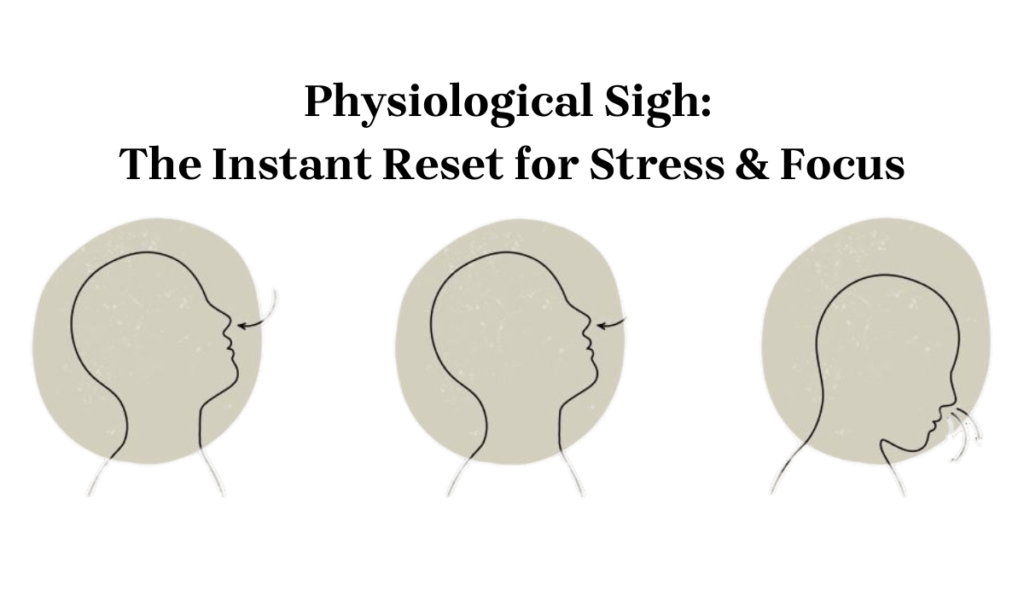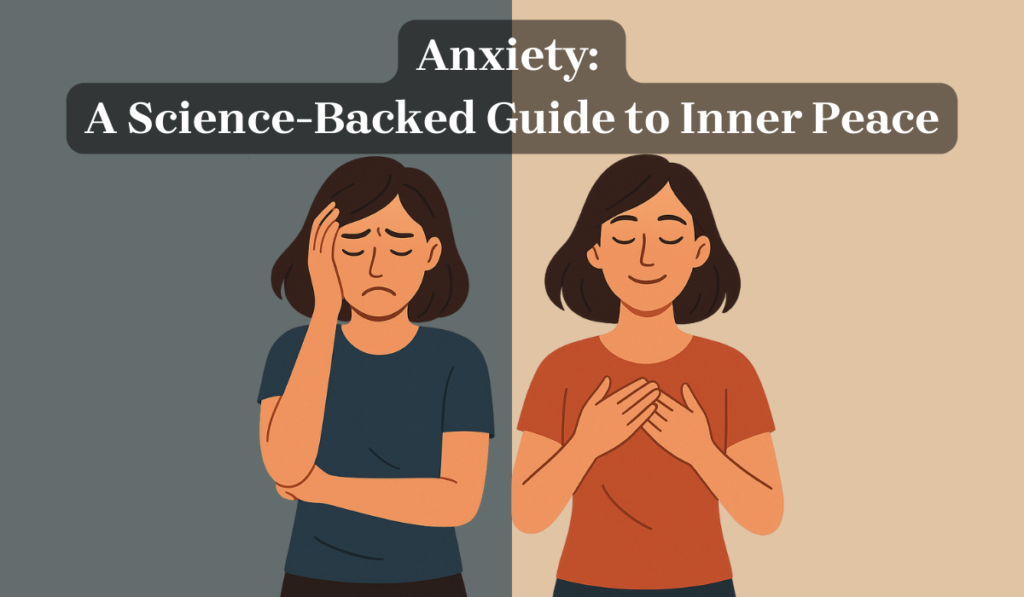Decode Disgust: The Hidden Emotion That Protects Your Integrity
Let’s be real:
We all know the feeling.
A conversation. A behavior. A situation.
Suddenly — your gut tightens. Your face cringes.
That’s disgust. And no, it’s not just about rotten food.
Disgust isn’t weakness.
It’s wisdom in disguise.
It’s not just a reflex. It’s a boundary signal.
This isn’t a guide to suppress disgust.
It’s how to decode it — and use it as a compass.
What Is Disgust, Really?
Disgust protects you.
Not just from physical harm — but from emotional, ethical, and psychological threats.
At its core, disgust is self-preservation.
It’s your system saying:
“This violates who I am.”
The 3 Core Types of Disgust:
- Physical: Your body’s reaction to what feels toxic
- Moral: Your values rejecting what feels wrong
- Personal: Your identity resisting what feels off
Disgust = Violation of Safety + Identity Clash + Boundary Breach
Why Disgust Matters
Most people ignore disgust.
They power through fake friendships, awkward jobs, and misaligned choices.
But disgust has a message:
“Something here isn’t safe or aligned.”
Ignore it, and here’s what you trade:
- Peace for burnout
- Clarity for decision fatigue
- Boundaries for resentment
- Integrity for shame
Where Disgust Shows Up in Real Life
Work Culture Misalignment
If a team celebrates hustle over health or profit over ethics, you’ll feel it. That tightening? That urge to withdraw?
That’s not “overreacting.” That’s clarity.
People-Pleasing & Over-Giving
You say “yes” — but feel gross about it later.
That’s internal disgust. It’s saying: You’re abandoning yourself.
Crossed Boundaries in Relationships
When someone jokes at your expense or disrespects your time —
That gut reaction? It’s a boundary alert.
How to Master Disgust — Not Silence It
- Name It Without Guilt
Say it aloud: “I feel disgusted by this.”
You don’t need to justify it.
What I numb will return. What I name, I can redirect.
- Find the Value It’s Protecting
Ask:
-
- “What part of this feels wrong?”
- “What belief or boundary feels crossed?”
Disgust reveals your core truths.
- Redraw the Line
Disgust is your emotional GPS saying:
“Step back. Re-center. Set a new standard.” - Don’t Shame It — Use It
Disgust isn’t drama. It’s direction.
When used well, it becomes a tool for:
-
- Better decisions
- Clearer boundaries
- Higher self-respect
Real-Life Reset: Vijay’s Story
Vijay (name changed), a COO, noticed a client who constantly made crude remarks about staff.
At first, he laughed it off. But after every meeting, he felt drained.
That unease? It was disgust — signaling a values clash.
He didn’t ignore it. He had a direct conversation.
He reset expectations. The client either adjusted — or walked.
Either way, peace returned.
“My gut wasn’t overreacting. It was setting a standard I had been too polite to declare.”
Reframe Disgust With New Mental Models
❌ “I’m too sensitive.”
✅ “I’m sensitive to what matters.”
❌ “It’s just a little thing.”
✅ “Small discomforts signal big misalignments.”
❌ “I shouldn’t feel this way.”
✅ “This feeling is my boundary compass.”
Reflect With These Questions
- What recent moment made me recoil — and why?
- What value or standard did it cross?
- Where have I been tolerating what I shouldn’t?
Disgust Isn’t Dangerous. Disconnection Is.
You don’t master disgust by dismissing it.
You master it by translating it into truth.
Let it show you where your values end — and your self-respect begins.
Disgust isn’t about being judgmental. It’s about being in integrity.
Ready to Turn Disgust Into Clarity?
At IntuiWell, we help leaders reconnect with their inner signals — and lead from alignment.
If you’ve been pushing through red flags, it’s time to pause — and reset.
Book your free discovery call and start setting standards that match your values.



